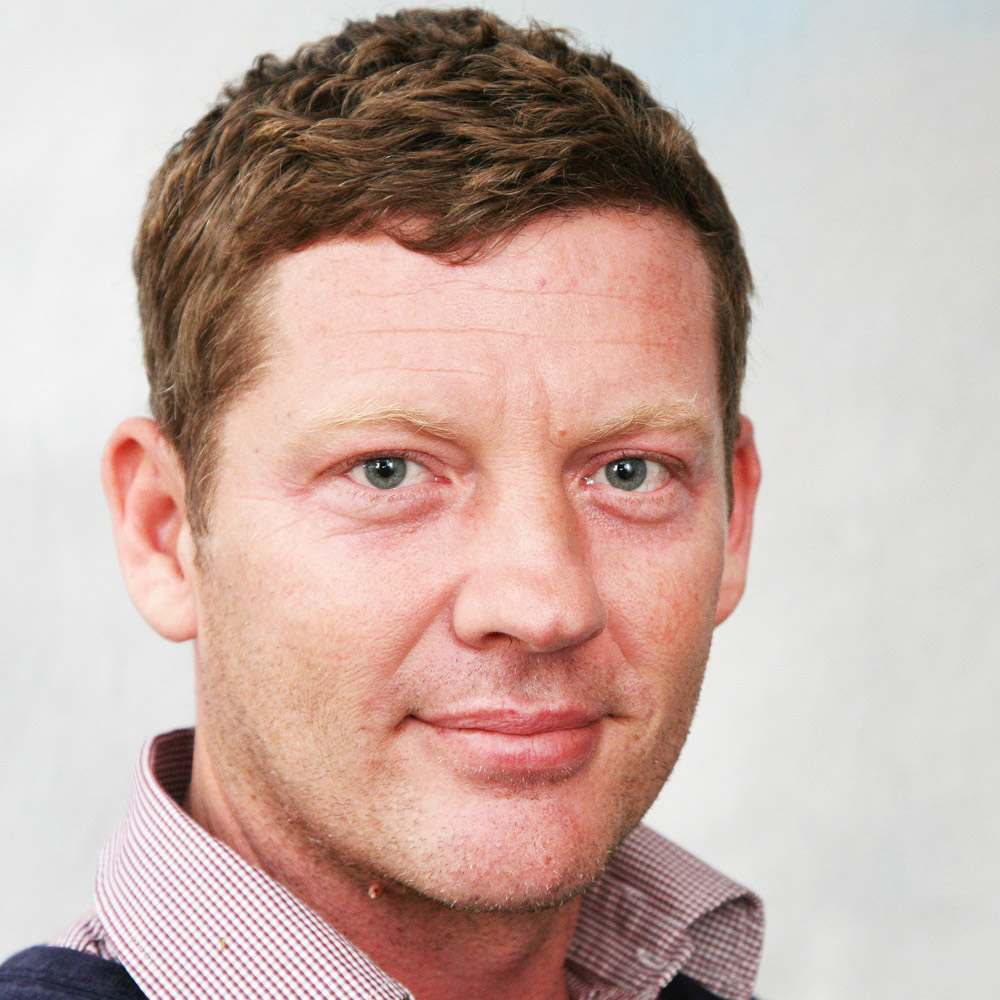"Through Professor Smith's leadership and scientific vision, the Wakatobi Marine National Park has become a multi-disciplinary flagship research centre for the entire Coral Triangle region, with far reaching impacts spanning the natural and social sciences," said Dr Dan Exton, from Operation Wallacea.
Why we should care
With more than half a billion people depending on coral reefs for food and income, coupled with a predicted 50 per cent reduction of coral reefs in the next 50 years, the urgency for taking action now is more pressing than ever.
The internationally-recognised work of our Coral Reef Research Unit (CRRU) spans the whole spectrum of biological disciplines and has the capacity to address environmental problems using everything from molecular-based approaches through to political solutions. This simultaneous top-down, bottom-up approach means the CRRU is helping governments prioritise action in finding realistic solutions.
“It is about identifying how our reefs will physically alter and what that means to people’s livelihoods as a result of the reduction in the reef,” explained Professor Smith.
Securing UNESCO biosphere status
Our research was key to the designation of Wakatobi Marine National Park as a UNESCO Biosphere Reserve in 2012.
Through pure expertise and dedication to get the Park the international recognition it deserved, Professor Smith’s internationally-recognised research showed the exceptional biodiversity of the region, coupled with the success of getting the whole community involved to help conservation.
As well as acquiring internationally-protected status, the Wakatobi region has benefited economically via investment from local and central government, and employment for more than 100 local staff each year, injecting more than £1 million into the local economy.
Research into solutions
For our researchers it is all about translating complex research into management solutions. At Wakatobi, for example, there has been a diversification of income from fishing to seaweed farming. This change in business for the local community has led to a new booming sustainable industry.
Our multi-disciplinary research programme identified how the Park’s natural resources were being over exploited by a highly-dependent community and through policy-based research highlighted the benefit for international-level protective regulation.
To fund this long-term research and promote the environmental significance of the Park, Essex co-developed a research-expedition model which has now sent over 8,000 international students and researchers to this site, resulting in more than 100 scientific publications.
According to UNESCO: “Wakatobi seeks to become a learning laboratory for researchers, students, local government, NGOs, the public and private sectors, and other stakeholders.”
Underpinned financially by the research-tourism model, this has ensured a long-term funding for the research to establish a strategy aimed at protecting the biodiversity of Wakatobi and the livelihoods of its people.



